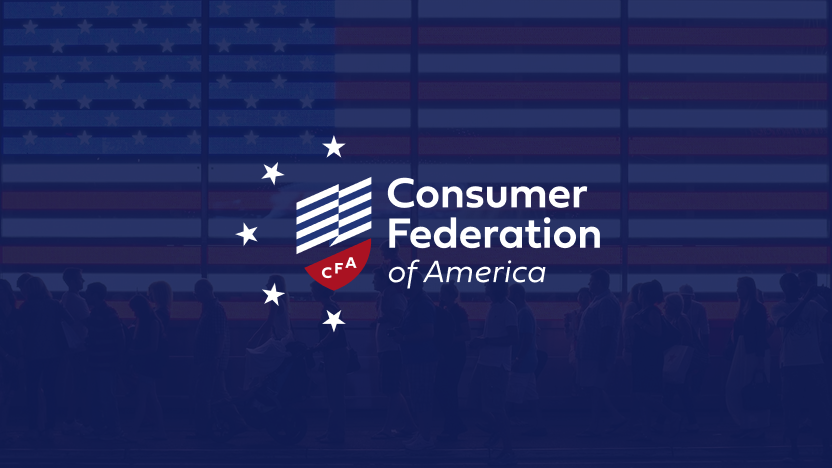Statement of Rachel Weintraub, Legislative Director and Senior Counsel at Consumer Federation of America on the passage of H.R. 3193, the “Consumer Financial Protection and Soundness Improvement Act of 2013”

Washington, D.C. –The Consumer Financial Protection Bureau has proved itself to be a transparent, deliberative and data-driven agency that has worked closely with consumers and the financial services industry to develop sensible safeguards against unsafe mortgage lending practices, abusive credit card practices, and unfair and discriminatory financial practices that have harmed consumers and servicemembers. The Bureau has made the financial market place more fair for consumers since it became operational in 2011 and much work remains to be done.
Unfortunately, the passage of H.R. 3193, “Consumer Financial Protection and Soundness Improvement Act of 2013” by the House of Representatives on February 27, 2014, by a vote of 232 to 182, weakens the Consumer Financial Protection Bureau and limits, undermines and curtails what the Bureau has already proven that it can do: protect consumers from abusive financial practices. Over 100 organizations opposed H.R. 3193.The vote by 232 members of Congress contradicts the interest of American consumers and represents a backward step in the march towards increased consumer protection.
Contact: Rachel Weintraub (202) 387-6121
Our Subject Matter Experts

Adam Rust
Director of Financial Services

Brad Lipton
Senior Fellow (Visiting)
Press Releases

Trump’s CFPB Once Again Harms Servicemembers

Anti-Competitive State Laws Cost New Car Buyers More Than $20 Billion Per Year

Congressional Proposal Does Little to Protect Consumers from Unknowingly Purchasing Wrecked Cars

